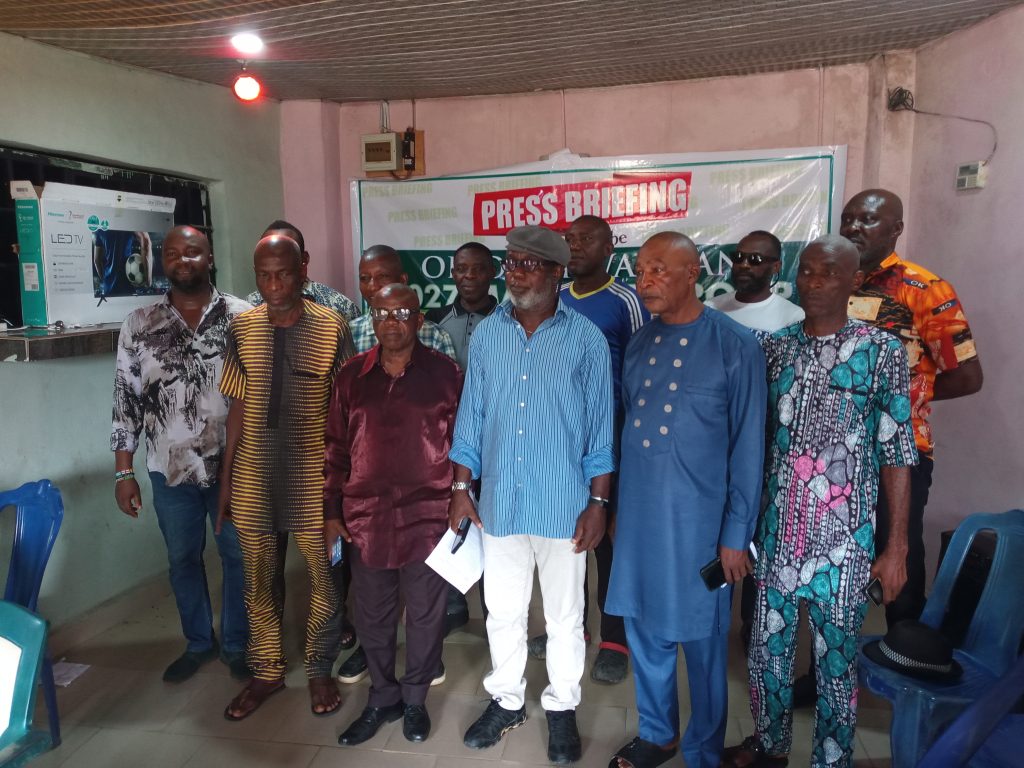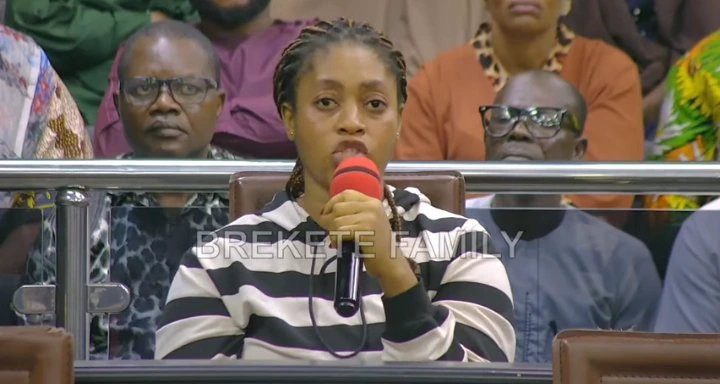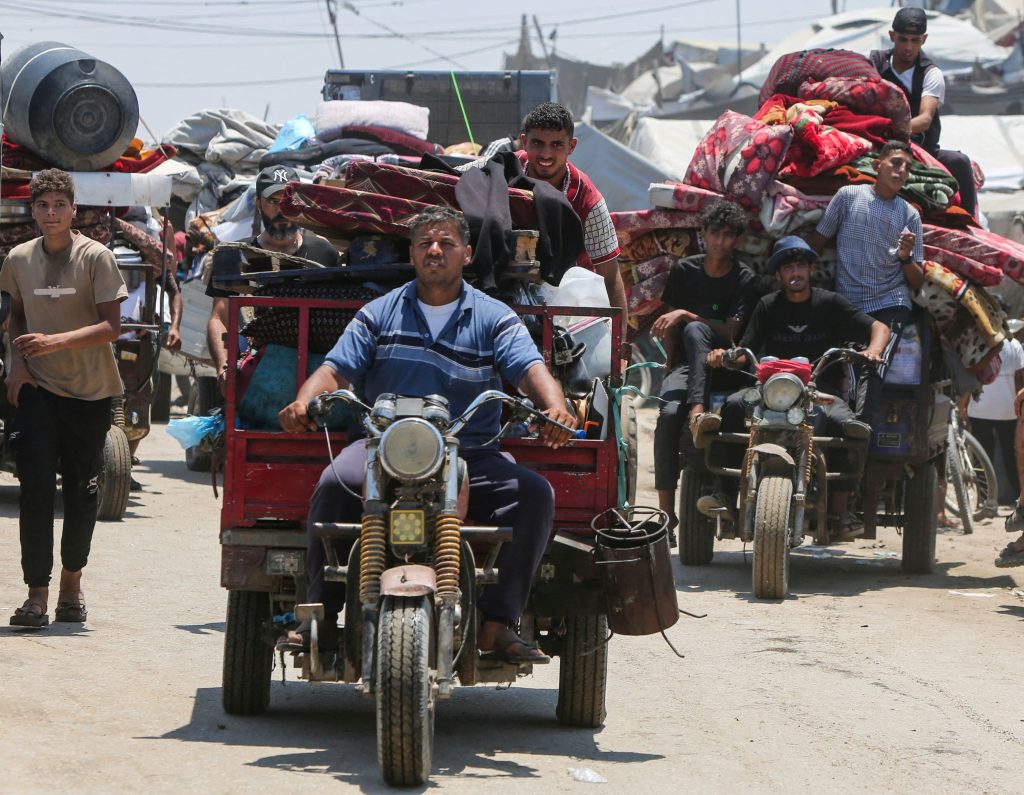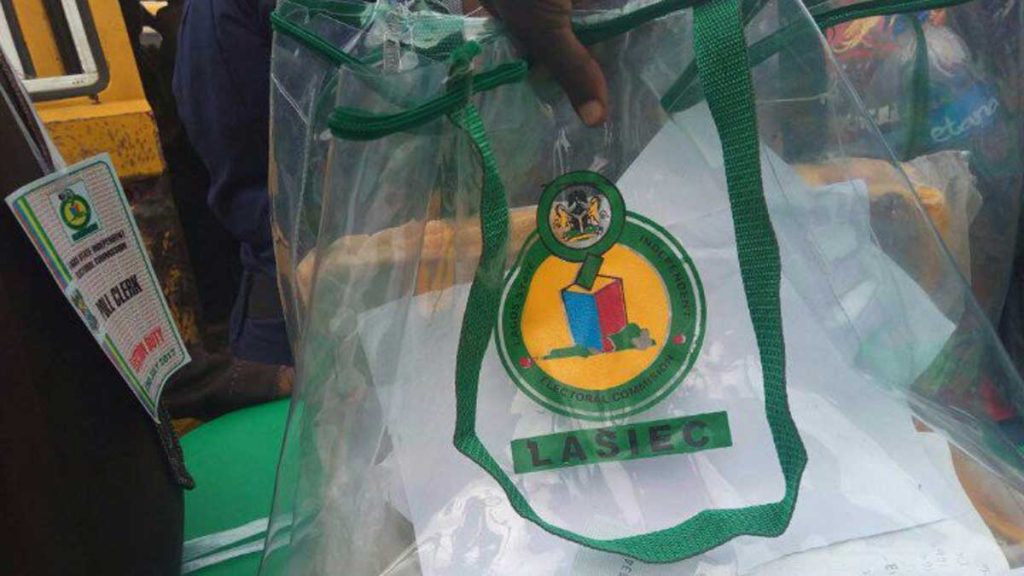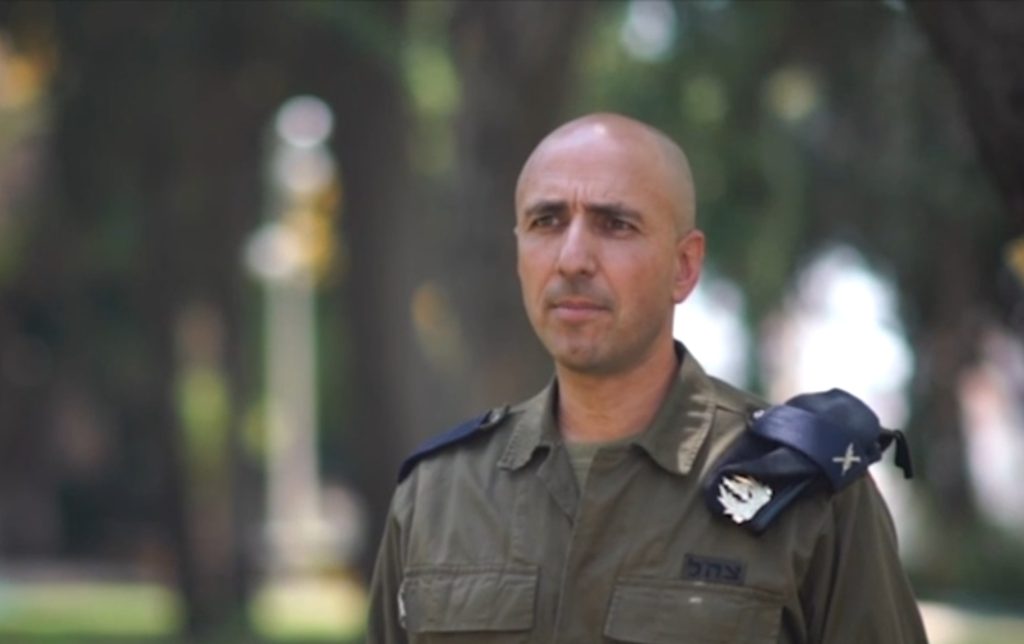Featured
Why I killed my friend Vatsa – IBB

Former Nigerian military head of state, General Ibrahim Badamosi Babangida (IBB), has disclosed the circumstances that led to the execution of his childhood friend, General Mamman Vatsa, over an alleged coup plot in 1986.
The details were revealed in excerpts from Babangida’s recently launched autobiography, A Journey of Service, which has sparked widespread debate and reflection on one of Nigeria’s most controversial historical events.
According to Babangida, the decision to execute Vatsa was not taken lightly. He described how early warnings about Vatsa’s involvement in a coup plot initially surfaced as “rumours.”
However, as the allegations grew more substantial, Babangida consulted senior military officers, including Generals Nasko, Garba Duba, and Wushishi, before ordering covert investigations.
The investigations reportedly uncovered evidence that Vatsa had provided funds to officers to advance the coup plans. One officer, Lt-Col. Musa Bitiyong, allegedly received N50,000 from Vatsa, who claimed the money was for a farming project.

However, Bitiyong’s previous involvement in coup-related activities raised red flags, further implicating Vatsa.
The coup plot, as detailed by Babangida, included plans to bomb the Eko Bridge in Lagos, sabotage Air Force operations, and even target the presidential aircraft.
These revelations left Babangida grappling with a profound sense of betrayal, given his long-standing friendship with Vatsa, which dated back to their youth in Minna.
In his autobiography, Babangida described the emotional toll of the decision, stating, “I felt a deep personal sense of betrayal.”
He recounted how he had confronted Vatsa directly about the rumours, but Vatsa denied any involvement.
Despite this, the evidence gathered by military and intelligence services pointed to his complicity.
“They had planned a bloody coup which would have plunged the country into darkness,” Babangida wrote. “I had to choose between saving a friend’s life and the nation’s future.”
Following a military tribunal’s deliberation, Vatsa and other alleged coup plotters were executed in March 1986.
Babangida described the executions as a necessary sacrifice to preserve national stability and the cohesion of the armed forces.
“Of course, Vatsa’s death was a personal loss of a childhood friend. As a human being, I was somewhat depressed to watch him die in such circumstances,” Babangida admitted.
“However, the nation’s stability and the cohesion of the armed forces were too high on the scale of priorities to be sacrificed for personal considerations. The law and the imperatives of order and national security are overriding.”
Babangida also addressed the criticism and politicization of the incident in the years following Vatsa’s execution.
He acknowledged that some officers were unhappy with Vatsa’s appointment as Minister of the Federal Capital Territory, as he had not participated in the coup that ousted General Muhammadu Buhari.
However, Babangida maintained that he had done his best to preserve their friendship despite the circumstances.
“I remained true to our friendship and bent backwards to accommodate his excesses and boisterousness,” he wrote.
For Diaspora Digital Media Updates click on Whatsapp, or Telegram. For eyewitness accounts/ reports/ articles, write to: citizenreports@diasporadigitalmedia.com. Follow us on X (Fomerly Twitter) or Facebook





